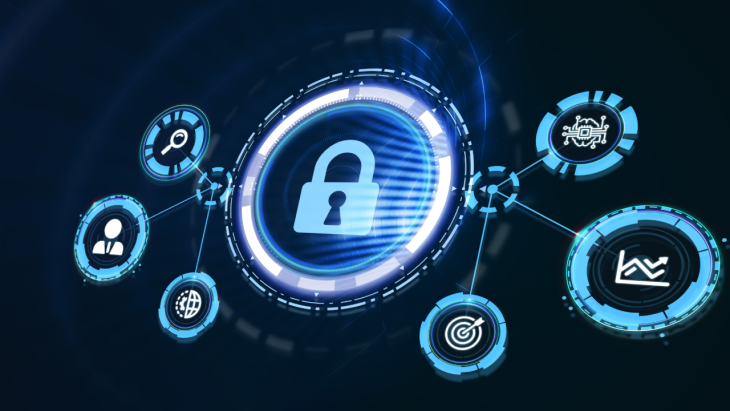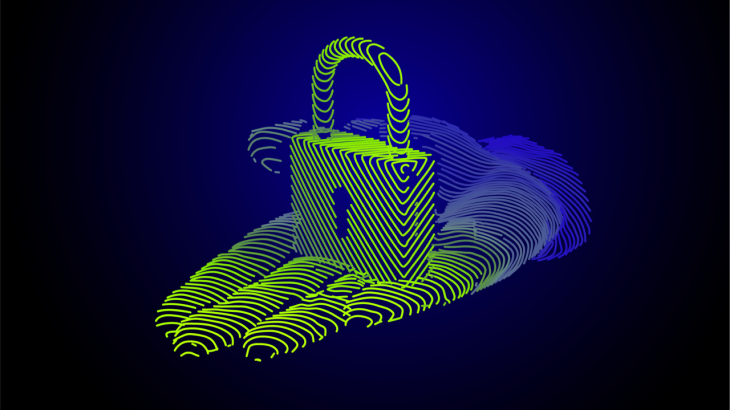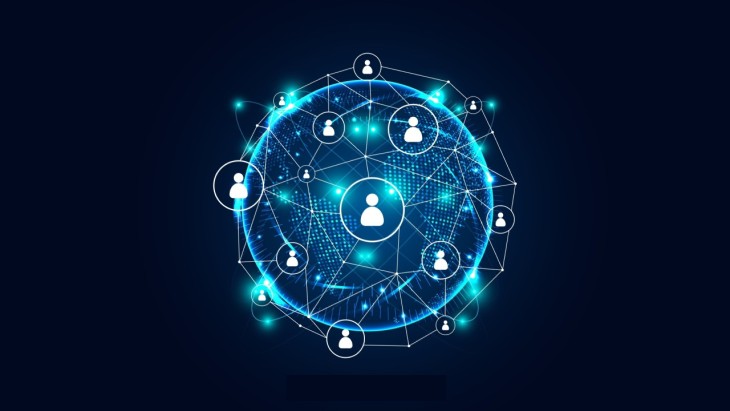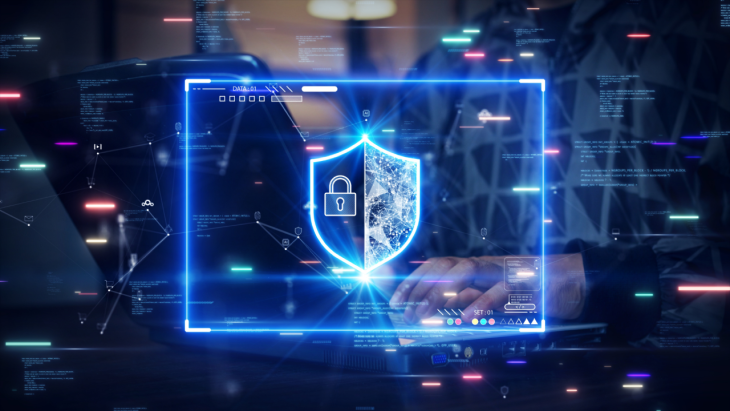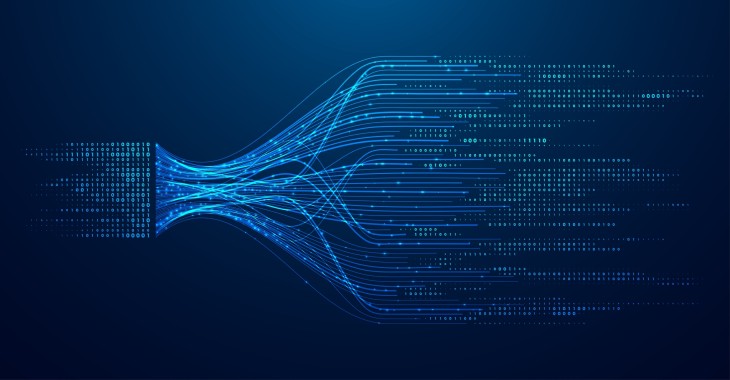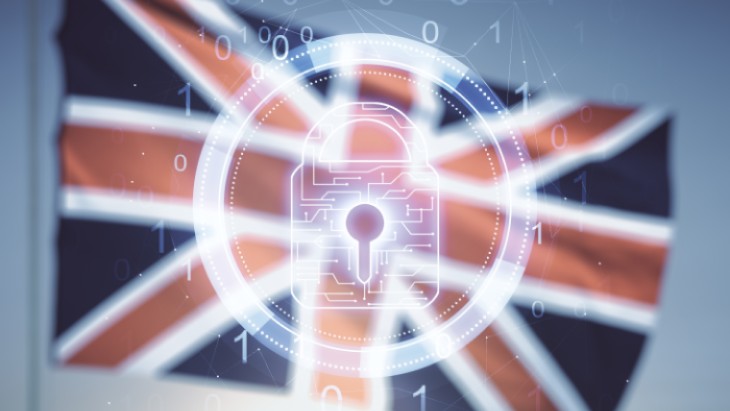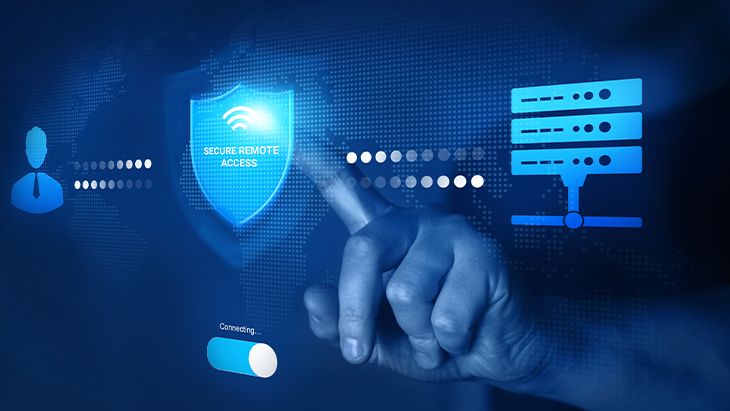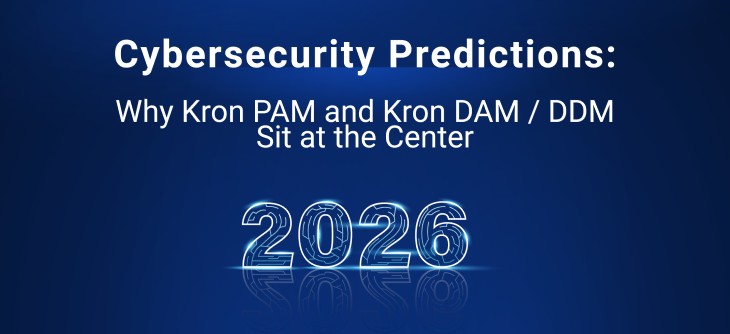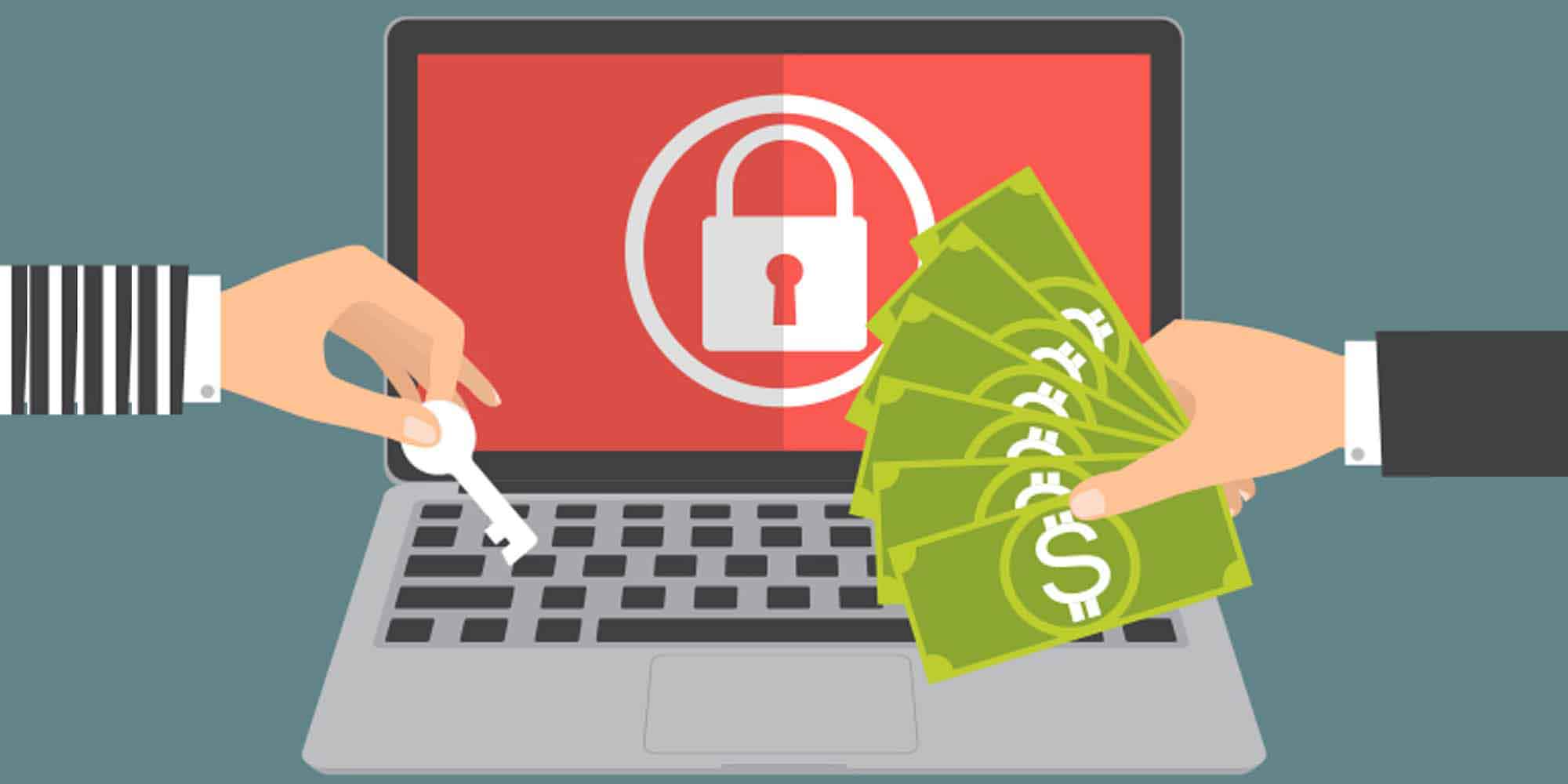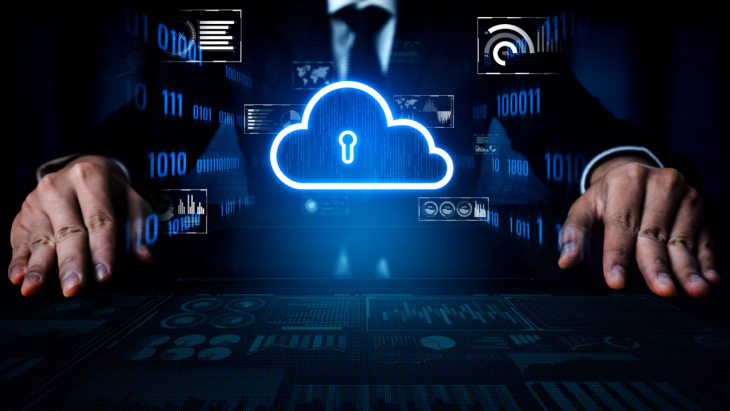
Cyber Attacks Throw One-Fifth of Businesses in Europe and the US into Bankruptcy
May 29, 2022
/
Kron
Today, the increasing digitalization of the business world does not only bring along opportunities but also challenges. With digitalization, cyber attacks, hackers, vulnerabilities, data breaches, and many more became a part of business life. Especially during the ongoing remote working adoption that was triggered by COVID, the attack surfaces have increased and organizations are faced with different cyber threats every day. As a result, measures against cyber attackers, who constantly change and improve their methods of attack, need to be constantly reviewed and renewed, otherwise, cyber attacks can lead to serious consequences, including bankruptcy.
One-Fifth of Businesses in Europe and the United States are Seriously Affected by Cyber Attacks
According to a recent report published by Hiscox, one of the world's leading insurance companies that stands out with its cyber insurance service for businesses, cyber attacks, probably one of the most negative consequences of digitalization, pose a serious threat to companies. The report focuses on how prepared businesses are for cyber attacks and includes very interesting findings as a result of the study conducted on more than 5,000 businesses in countries including the United States, Germany, Spain, Ireland, the Netherlands, and France.
Probably the most striking result of the report is that one-fifth of firms based in the United States and Europe are in danger of bankruptcy due to cyber attacks. Furthermore, 87% of the companies in the study consider cyber breaches as the most serious cause of the economic crisis. According to another finding from the study, 48% of participants state that they have been cyber attacked at least once in the past 12 months, implying a 12% increase in cyber attacks compared to last year.
Unfortunately, the picture that emerged with the COVID-19 pandemic supports the increase in threat surfaces and cybersecurity risks. The new hybrid working model, which has been widely applied due to COVID, also accelerates the companies’ transition to the cloud. The telecommuting model seems to have caused a huge increase in the number of attacks on cloud servers. Approximately two-thirds of employees who participated in the survey agree that working through the cloud environment makes the business model more vulnerable to cyber attacks. In conclusion, 7 out of 8 countries that have contributed to the study believe that the cybersecurity situation is alarming.
The study by Hiscox addresses cybersecurity in many aspects, including the cybersecurity expenditures. It states that the expenditures incurred by enterprises to prevent cybersecurity threats increase every year. Enterprises that participated in the survey point out that their average cybersecurity expenditures increased by 60%, reaching $5.3 million last year, a 250% increase since 2019, and the average cost of a cyber attack increased by approximately 29% to slightly below $17,000.
In light of all these results, Hiscox warns enterprises that the financial loss caused by cyber attacks can result in bankruptcy. Becoming popular with COVID, the remote working model is predicted to not disappear but become an indispensable part of the business world. This brings about an increase in the number of access attempts by hackers, and thus, cyber attacks. This is exactly why the protection of enterprises from cyber attackers through Privileged Access Management applications is now more important than ever.
Ransomware Attacks and Malware Never Off the Agenda
Cyber attacks on enterprises through ransomware, malware, and phishing are ever-increasing, reaching dangerous levels. A long-standing phishing campaign has been targeting German companies operating in the automotive industry, trying to infect their systems with password stealing malware. These targets in the German automotive industry are not only automobile manufacturers, but also dealers. According to a report, hackers manage to access their targets with an email that bypasses many security checks throughout the attack process, and was unleashed on the industry in July 2021. The e-mail appears to contain a car transfer receipt. While the victim at the dealer views this forged document, the malicious code infects the system.
MM.Finance announced that hackers managed to steal $2 million worth of digital assets through a recent DNS attack. This kind of attack is aimed at threatening the availability and stability of the DNS services of a network. MM.Finance states that the attacker managed to insert malicious addresses in the front-end code and stole more than $2 million in cryptocurrency. The company has announced that it set up a compensation pool for those affected by the attack, and will withdraw from receiving contributions from transaction fees to cover the losses.
AGCO, the leading agricultural equipment and machinery manufacturer in the USA, also made statements about a ransomware attack that affected some of its production facilities. AGCO did not provide a detailed explanation of what caused the interruption in its systems, but shut down parts of its IT systems to prevent further spread of the attack. AGCO continues to investigate the extent of the attack. The negative impacts seem to continue for a time, depending on how quickly the system can be restored. Having 21,000 employees and revenues over $9 billion, AGCO incorporates brands such as Fendt, Valtra, Gleaner Challenger, Massey, and Ferguson. Therefore, the production interruption caused by the ransomware attack is likely to negatively affect the supply chain, which includes production and delivery of equipment.
Stop Cyber Attackers' Ability to Access Critical Digital Assets with PAM
One of the most effective way to protect companies against cyber attacks is Privileged Access Management (PAM). The accelerated digitalization, the ever-increasing importance of digital transformation, along with remote work cause companies to face challenges in protecting their critical digital assets. Strong cybersecurity policies strengthen companies' defenses in the cloud and ensure protection from cyber attacks, one of the biggest problems of our age.
Cybersecurity threats, especially ransomware, malware, phishing, and similar methods, have recently had a major impact, resulting in data breaches and disclosure of digital data, and these incidents are mostly attributable to malicious actors, such as hacker groups, corporate spies, and individual hackers. IT teams need to develop planned security policies to significantly prevent the dangers related to the increasing attack surface and data security. For example, security approaches such as zero trust and least privilege can add a new dimension to the cybersecurity efforts of IT and information security teams.
The zero trust principle minimizes vulnerabilities that may arise, either internally or externally, through the application of the “Never trust, always verify” moto. Understandably, access security solutions such as Single Connect’s Privileged Session Management, Multi-Factor Authentication, and Dynamic Password Controller play a critical role at this stage. Whether in the cloud or on-premise, these solutions ensure that access to company infrastructure and sensitive data is controlled at every step, helping with the application of the zero trust principle in the most accurate way. On the other hand, the least privilege principle, which is based on the concept of protecting business continuity by granting the minimum level of privilege to authorized accounts on the system, works by assigning the users who have access to the system to a user account, privileged account, shared account, or service account, according to their access levels. The least privilege principle allows the management of the company’s employees’ authorization level in the organization’s chart through the use solutions such as Single Connect’s Privileged Session Manager and Database Access Manager on a level basis, and by recording the transactions made by these accounts. This keeps malware from infiltrating the system.
Privileged Access Management solutions allow for the application of the zero trust and least privilege principles in the best possible manner, and provide a transparent and controllable access security infrastructure, with the possibility of quick intervention, while increasing cybersecurity layers to maximize data security. The Single Connect product family, which is mentioned in reports of the world's leading research companies such as Gartner, KuppingerCole, Forrester, and Omdia as featuring among the world's leading PAM solutions, eliminates the challenges of providing a high-level layer of protection thanks to its six advanced core modules that offer data and access security.
- Privileged Session Manager (PSM): This module encompasses the following stages: setting the privilege levels of authorized accounts, checking, monitoring, and auditing the sessions. PSM acts as a gateway among the target endpoints, user, and session manager and ensures that all sessions are logged.
- Dynamic Password Controller: Developed to verify fully encrypted authorized sessions, this module protects passwords by isolating them from the network thanks to its password vault feature. Thus, password sharing is prevented.
- Two-Factor Authentication (2FA): This module allows users who request privileged access to be controlled by geo-location and time verification at the same time.
- Database Access Manager and Dynamic Data Masking: Thanks to its nested working principle, this module records every step of network administrators and privileged accounts in databases residing in the cloud and on-premise environments and allows for data masking.
- Privileged Task Automation (PTA): PTA module automates routine tasks to prevent human errors and help to avoid service interruptions.
- TACACS+ / Radius Access Management: This module allows for controlling and managing access via TACACS+ and RADIUS protocols, with the support of up to 250,000 devices on a single server, and helps companies to comply with regulations such as GDPR, ISO 27001, SOX, HIPAA, and PCI.
With Single Connect, one of the world's leading Privileged Access Management platforms with its advanced modules and effective solutions, you can easily make your organization's IT infrastructure and privileged access more secure against cyber attacks. Please contact us to learn more about our Single Connect product family and how we can help you with your cyber security challenges.
Highlights
Other Blogs


